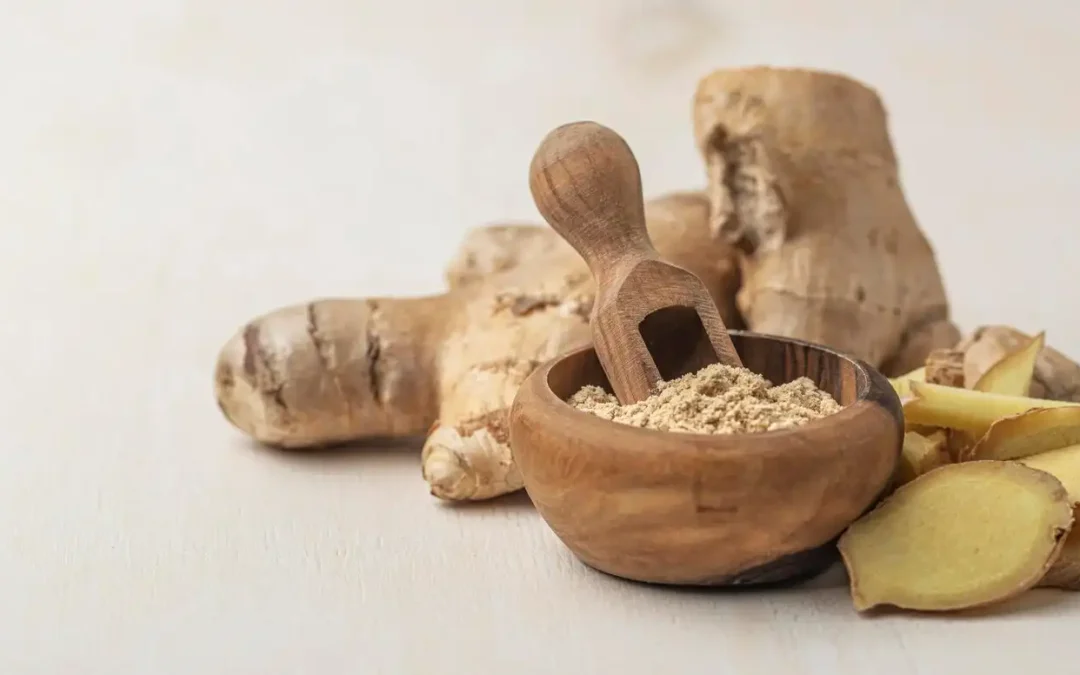Constipation is a common digestive problem that affects people of all ages. It’s characterized by infrequent bowel movements, difficulty passing stool, and a feeling of incomplete evacuation. While occasional constipation is normal, chronic constipation can lead to discomfort and other health issues. Instead of relying solely on over-the-counter laxatives, many people turn to herbal remedies for natural and gentle relief. This article explores various herbal solutions to improve digestion and alleviate constipation.
Understanding Constipation
Before delving into remedies, it’s important to understand the causes of constipation. Factors such as poor diet, dehydration, lack of physical activity, stress, and certain medications can contribute to this condition. Identifying the underlying cause is crucial for selecting the most effective treatment.
Benefits of Herbal Remedies
Herbal remedies are widely appreciated for their natural and holistic approach to health. They often come with fewer side effects compared to synthetic medications and can provide additional health benefits. Many herbs used to treat constipation also support overall digestive health by improving gut flora, reducing inflammation, and enhancing nutrient absorption.
Top Herbal Remedies for Constipation
1. Senna
Senna is one of the most popular herbal laxatives. Derived from the Senna plant, it contains compounds called sennosides, which stimulate bowel movements by irritating the lining of the colon. Senna is typically consumed as a tea or in capsule form. While effective, it should be used sparingly to avoid dependency.
2. Psyllium Husk
Psyllium husk is a natural source of soluble fiber. It absorbs water in the intestines, forming a gel-like substance that softens stool and promotes regular bowel movements. It’s commonly available in powdered form and can be mixed with water or juice. Regular use of psyllium can also improve overall gut health.
3. Aloe Vera
Aloe vera is well-known for its soothing properties and is also a natural laxative. The latex found in aloe vera leaves contains anthraquinones, which increase intestinal water content and stimulate peristalsis. Aloe vera juice is a convenient way to use this remedy, but it’s important to choose products free of added sugars and artificial ingredients.
4. Triphala
An ancient Ayurvedic remedy, Triphala is a blend of three fruits: Amalaki, Bibhitaki, and Haritaki. It’s revered for its ability to detoxify the digestive system and promote regular bowel movements. Triphala is usually consumed as a powder mixed with warm water or taken in capsule form.
5. Dandelion Root
Dandelion root is a gentle laxative and diuretic. It helps stimulate bile production, which can improve digestion and ease constipation. Dandelion root tea is a popular preparation, offering additional benefits such as detoxification and support for liver health.
6. Ginger
Ginger is a warming herb that aids digestion by stimulating digestive enzymes and increasing gastrointestinal motility. It’s particularly useful for relieving bloating and indigestion, which often accompany constipation. Ginger can be consumed as tea, in capsules, or freshly grated into meals.
7. Slippery Elm
Slippery elm is a demulcent herb that soothes and coats the digestive tract. It forms a gel-like substance when mixed with water, which can ease bowel movements and reduce irritation. It’s commonly available as a powder or lozenge.
8. Peppermint
Peppermint is widely used to relieve digestive discomfort, including constipation. Its antispasmodic properties relax the intestinal muscles, making it easier for stool to pass. Peppermint tea is a refreshing and effective way to incorporate this herb into your routine.
Tips for Using Herbal Remedies Safely
- Consult a healthcare professional: Especially if you’re pregnant, nursing, or taking other medications.
- Start with small doses: Monitor your body’s response to avoid potential side effects.
- Stay hydrated: Many herbal remedies work by drawing water into the intestines, so it’s important to drink plenty of fluids.
- Combine with dietary changes: A high-fiber diet rich in fruits, vegetables, and whole grains complements the effects of herbal remedies.
- Avoid overuse: Chronic use of certain herbal laxatives, such as Senna, can lead to dependency or other health issues.
When to Seek Medical Attention
While herbal remedies can be effective, persistent or severe constipation may indicate an underlying health problem that requires medical evaluation. Seek professional help if you experience:
- Blood in the stool
- Unexplained weight loss
- Severe abdominal pain
- Symptoms lasting more than a few weeks
Conclusion
Herbal remedies offer a natural and effective way to manage constipation and improve digestion. From senna to slippery elm, these plants have been used for centuries to support gut health. However, it’s essential to use them responsibly and in conjunction with a healthy lifestyle. By incorporating these natural solutions, you can promote regularity and enhance overall well-being.
If you’re considering and searching for herbal remedies for constipation, drop by the As Designed Wellness clinic in Dana Point, Orange County, CA. You can consult a professional at the clinic for help with your medical issues. Call (949) 412-6815 or use this form to make an appointment.

